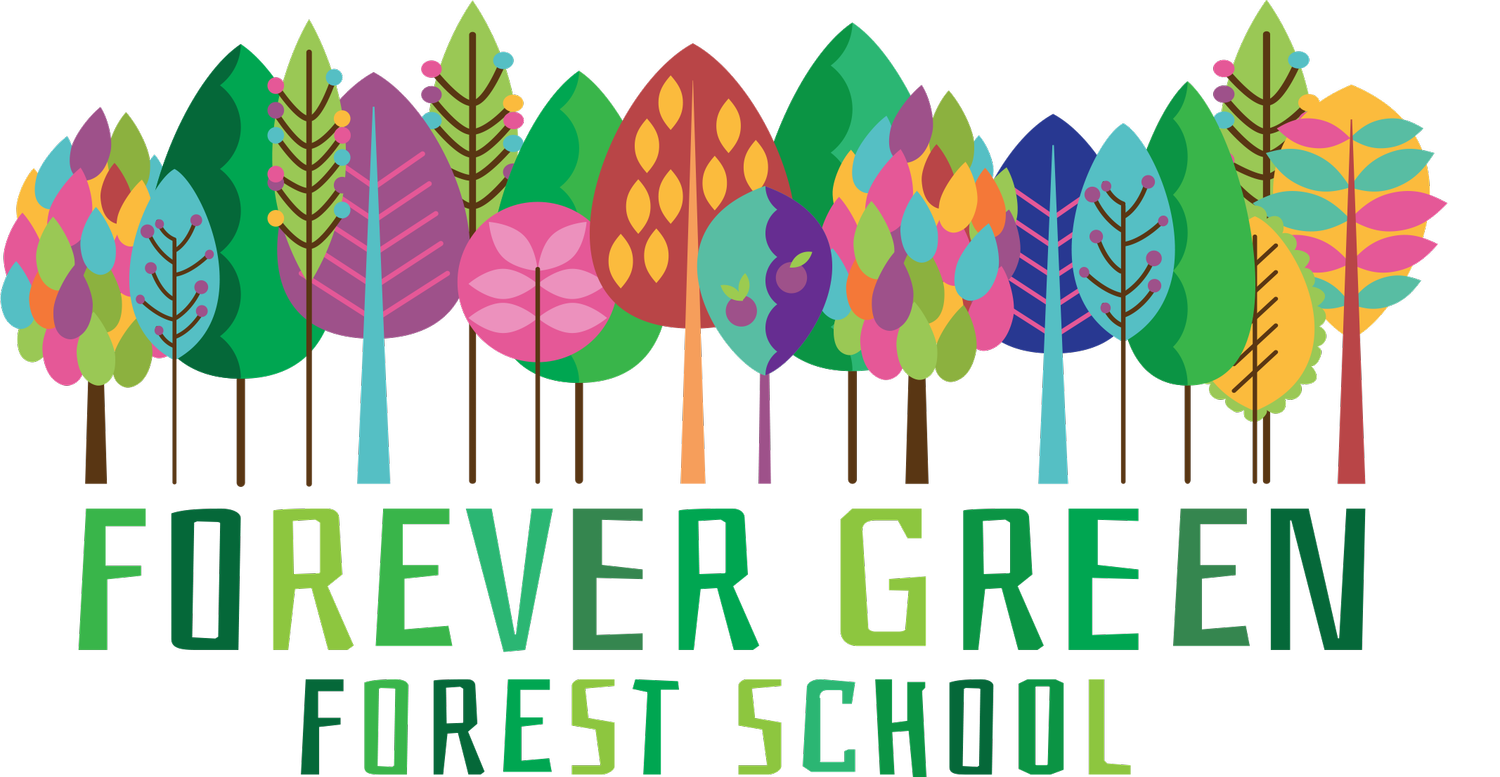The Power of Play: Why Adults and Teachers Should Embrace Playfulness in Forest School
In today’s fast-paced, achievement-driven world, play is often dismissed as something reserved for children. Yet, when adults join in on the fun—especially in dynamic, outdoor settings like forest school—the benefits extend far beyond the giggles and muddy boots. Whether you’re a parent, teacher, or facilitator, embracing playfulness alongside children can enrich their learning experience and rekindle your own sense of wonder.
Breaking Down Barriers Through Play
Children are natural explorers, and forest school provides a perfect environment for them to climb trees, build dens, and engage with nature on their own terms. When adults actively join in these playful activities, it creates a powerful sense of camaraderie. It signals to children that they’re part of a team, leveling the hierarchical boundaries that can sometimes feel restrictive in traditional classroom settings.
For example, imagine a teacher hopping across a log, pretending it’s a crocodile-filled river. This shared silliness invites children to see adults as collaborators in creativity rather than authority figures dictating tasks. This strengthens relationships and builds trust, fostering a positive learning environment where children feel safe to take risks and try new things.
Play Sparks Curiosity—for Everyone
Adults often fall into the trap of becoming “managers” of play rather than participants. However, when teachers and caregivers actively engage in play, they model curiosity, problem-solving, and resilience. By showing genuine wonder at a squirrel's acrobatics or eagerly helping construct a stick fort, adults demonstrate that learning is a lifelong journey, not a chore confined to childhood.
In forest school settings, playful adults can help children explore the natural world more deeply. A teacher might encourage a game of "find the coolest bug," sparking curiosity about biodiversity. Or they could engage in a mud-pie-making competition, opening the door to discussions about soil types and textures—all while having fun.
The Emotional Benefits of Play for Adults
Play isn’t just good for children—it’s essential for adults, too. Engaging in playful activities has been shown to reduce stress, boost creativity, and improve mental health. The natural setting of a forest school amplifies these benefits, providing a calming backdrop that fosters mindfulness and joy.
For teachers and caregivers, play also serves as a reminder of why they chose to work with children in the first place. Witnessing a child’s unfiltered joy while splashing in puddles or cracking jokes about funny-shaped twigs can reignite passion and purpose, even on challenging days.
Embracing Vulnerability Through Play
One of the most profound aspects of play is its ability to make us vulnerable. Play often requires adults to step outside their comfort zones—to risk looking silly, making mistakes, or admitting they don’t have all the answers. This vulnerability is not a weakness; it’s a powerful tool for connection.
When a teacher stumbles while crossing a balance beam or accidentally splashes mud on themselves during an activity, they show children that it’s okay to be imperfect. Vulnerability teaches children that mistakes are part of growth and that even adults are still learning.
By embracing vulnerability, adults also model emotional resilience. Laughing off a slip or admitting when you don’t know how to build the "perfect" den demonstrates that challenges are opportunities for creativity and collaboration. These moments of shared humanity create a safe, supportive environment where children feel empowered to take risks and explore without fear of judgment.
Play Builds Lifelong Skills
When adults are willing to take risks, laugh at their mistakes, and embrace the unpredictability of outdoor play, they model important life skills like adaptability and resilience. These are crucial lessons for children to internalize, particularly in today’s ever-changing world.
For example, a teacher who cheerfully shrugs off muddy pants after slipping on wet grass teaches children that it’s okay to make mistakes—and that they can be laughed off instead of feared. These moments of shared playfulness help children build confidence and resilience, knowing that they’re not alone in their experiences of trial and error.
How to Embrace Playfulness as an Adult
It can feel intimidating or even awkward to dive into play as an adult, especially if you’re not used to it. Here are some tips to help you embrace your playful side:
Start Small: Join in with something simple, like jumping in a puddle or rolling a log over to see what’s underneath.
Follow the Children’s Lead: Let their curiosity guide you. If they’re pretending to be pirates, don’t overthink—just grab an imaginary sword and join the adventure.
Be Present: Put away distractions like phones or schedules. Let yourself get lost in the moment, even if it’s only for a few minutes.
Embrace the Mess: Whether it’s mud, leaves, or paint, getting messy is part of the fun. Keep a spare set of clothes on hand so you can dive in without hesitation.
Laugh with Abandon: Don’t be afraid to laugh at yourself or let your guard down. Children will cherish these moments of shared joy.
Final thoughts
Forest schools offer a unique opportunity for both children and adults to connect with nature and each other in deeply meaningful ways. By embracing playfulness and vulnerability, adults not only enhance the experience for children but also rediscover their own capacity for joy and curiosity. So, the next time you’re in the woods, don’t just supervise—jump, climb, laugh, and play. Be open to the messy, unpredictable, and magical moments of shared discovery. You might be surprised at how much it transforms both you and the children you’re guiding.




